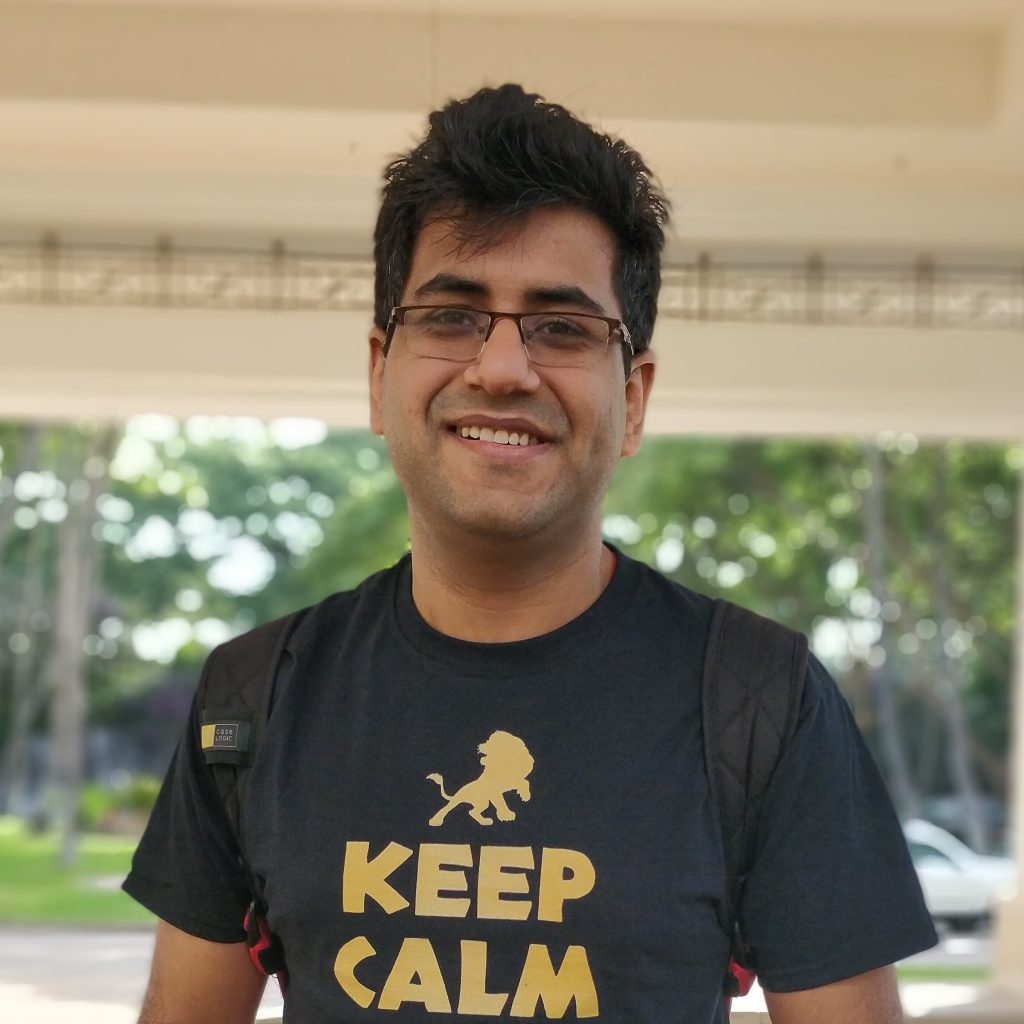SMB2025 University of Alberta
Dynamical modeling of cell-state transitions enabling cancer metastasis and therapy resistance
Arthur Winfree Prize
July 13-18, 2025.
 Mohit K Jolly
Arthur Winfree Prize
July 13-18, 2025. during the "Plenary-01" time block. Room assignment: coming soon.
Mohit K Jolly
Arthur Winfree Prize
July 13-18, 2025. during the "Plenary-01" time block. Room assignment: coming soon.
Plenary-01 : Arthur Winfree Prize
Mohit K Jolly
Associate Professor, Department of Bioengineering
Indian Institute of Science, India
Abstract:
Cancer metastasis and therapy resistance remain unsolved clinical challenges, and cancer cells switching reversibly among epithelial (tight cell-cell adhesion; less migratory) and mesenchymal (loose cell-cell adhesion; more migratory) can drive both these phenomenon. A recent surge in experimental data has identified many molecular players driving Epithelial-to-Mesenchymal Transition (EMT) and its reverse Mesenchymal-to-Epithelial Transition (MET) that has allowed developing mechanism-based models for these cell-state transitions. This talk will describe how a bidirectional interplay between mathematical modeling and experimental data has elucidated some fundamental aspects for EMT/ MET dynamics. First, is EMT/MET a binary process or can cells acquire one or more stable hybrid epithelial/mesenchymal (E/M) states; consequently, how do the hybrid E/M states contribute to cancer metastasis and therapy resistance? Second, is EMT/MET always reversible, or is there a ‘tipping point’ in terms of cell-intrinsic and cell-extrinsic parameters which prevent such cell-state transition(s)? Third, how does cell-cell communication at biochemical and biophysical levels contribute to tissue-level patterns of cellular heterogeneity in terms of EMT? Finally, I will discuss how these insights can help us in developing more effective therapeutic strategies against cancer metastasis and therapy resistance.
